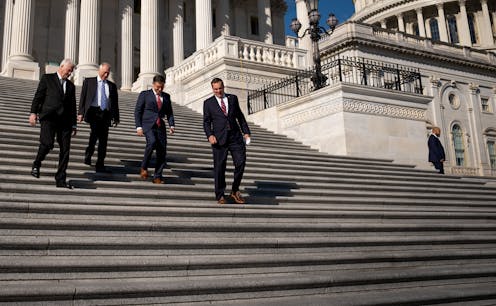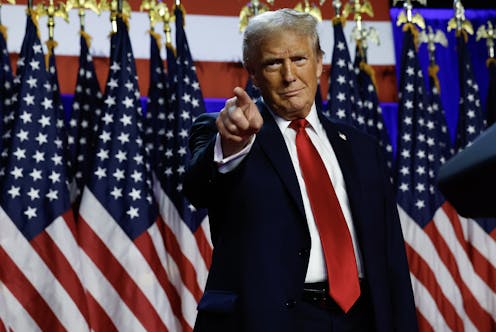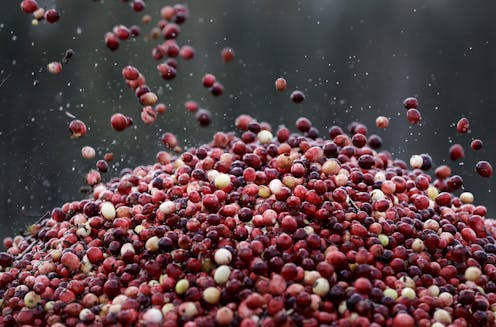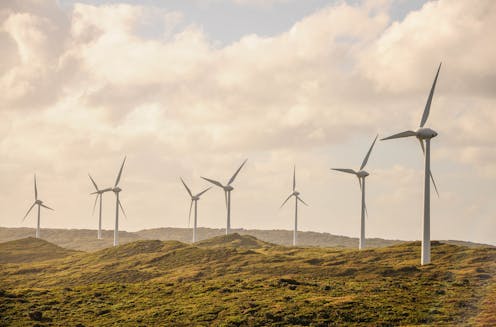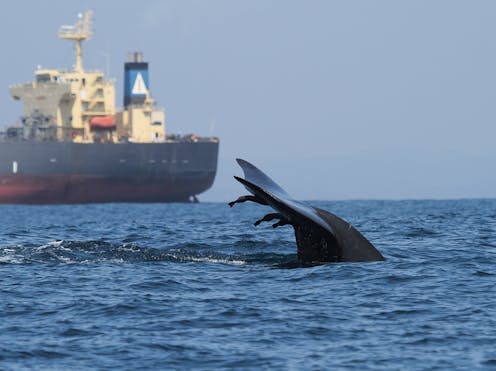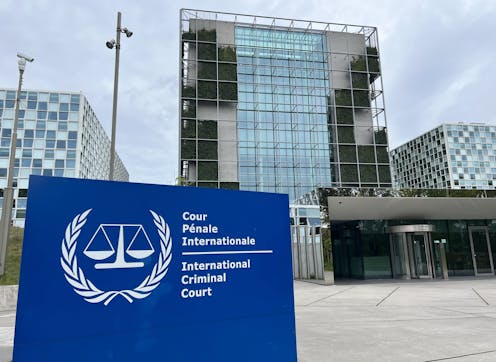BBC flexes its money-making muscles as Guardian calls foul
The BBC has put the cat among the pigeons with the news that its commercial arm, BBC Worldwide, will beef up its presence in Australia by hiring local journalists and launching a dedicated news service on BBC.com.
The news went down particularly badly at The Guardian, which has – of course – recently beefed up its own presence in Australia, taking advantage of the newsroom carnage which has seen hundreds of journalists laid off in recent years to hire some of the country’s most experienced and credentialed reporters and editors.
The Guardian says it has more than doubled its market share in Australia since launching its local edition in May 2013, and that it now reaches more than 1.9m unique visitors a month.
What’s really bugging The Guardian, of course, is that BBC Worldwide will sell advertising into its Australian operation, thereby cramping a market that the executives at Kings Place had earmarked for expansion.
In his Polis public lecture at the London School of Economics recently, Guardian Media Group chief executive Andrew Miller said:
Australia is already a diverse and highly competitive market. The BBC’s expansion into Australia goes beyond its public service remit. More than that, it does not benefit UK licence fee payers or meet the requirement of the BBC to provide news in parts of the world where there are limited alternatives.
Echoes there of James Murdoch’s now-infamous McTaggart lecture in 2009, when he delivered a fierce “Get your tanks of our lawn” message to the BBC about the public broadcaster’s digital ambitions:
There is a land-grab, pure and simple, going on - and in the interests of a free society it should be sternly resisted. The land grab is spear-headed by the BBC. The scale and scope of its current activities and future ambitions is chilling. Being funded by a universal hypothecated tax, the BBC feels empowered and obliged to try and offer something for everyone, even in areas well served by the market.
Given the way The Guardian likes to trumpet its difference from the Murdochs and News Corp in terms of its moral ethos and value set, it was interesting to hear Miller making almost exactly the same point as Murdoch, five years on. Being supported by the licence fee, he said, the BBC “doesn’t have to worry about its funding.” Its role, therefore, should be to “constructively support those British news brands that do.”
Miller’s comments on the BBC were interesting, constructive and not limited to the Australian venture, though. He has some workable ideas on how the BBC might ‘constructively support ‘its commercial counterparts.
What if, he posits, the Guardian, the Mail and such like had access to the raw news feeds coming in from court cases, Royal weddings, key Select Committee hearings and other global breaking news events? What if the BBC released its back catalogue to content providers “to create new content that the BBC doesn’t have the time, inclination or expertise to create”?
To be fair to Miller, he doesn’t imagine that the BBC do all this for free out of the goodness of its heart. He states that in territories where BBC Worldwide had a commercial interest, the content could be chargeable along the same lines as the agreement the BBC currently has with its own commercial news service. But in situations where no such commercial value exists, “content should be made freely available for national, local and hyper-local organisations to explore.”
Major player
Some of what Miller said is easily challenged. It’s worth noting, for example, that BBC Worldwide is the corporation’s commercial arm and its operations overseas are not funded by the licence fee. But his description of the BBC as a truly “dominant world player” is undoubtedly bang on the money.
In its 2013/14 annual review, BBC Worldwide chief executive Tim Davie stated that the public broadcaster’s commercial arm was a fully-integrated global content company doing business in over 200 territories, expanding into areas as diverse as Cambodia and Romania.
Far from not benefiting the licence payer, the continued expansion means that in 2013/14 £173.8m was paid to the Corporation in dividends and investments, while £88.9m was invested in BBC in-house productions. Light entertainment formulas are sold all over the world: think of The Great British Bake Off, which, as The Guardian reported, has been successfully adapted in a whole host of other territories. The modern adaptation of Sherlock Holmes, meanwhile was licensed to 224 territories in 2013 and the third series attracted more than 67 million hits on China’s digital platform YouKu.
Business plan
While BBC Worldwide operates under the BBC’s Charter and Agreement, it actually has a commitment to be commercially efficient. In the US, where revenue is close to US$600m, Tim Davie is mapping further growth. For him, BBC America is “a small big business, which needs to grow.” It’s this logic which is behind the most recent developments.
American Movie Classics (AMC) Cable Company has bought a 49.9% stake in BBC America for $200m (£125m). Under the terms of the deal, AMC will take over operational control and advertising sales of BBC America.
BBC director-general, Tony Hall (who is also chairman of BBC Worldwide) has clearly signalled that the US is a huge target for BBC growth. One can assume the same to territories such as Australia.
So this is the problem for Andrew Miller, James Murdoch and others: the BBC’s international power is clearly growing and it is forging alliances with major global players. It is expanding in areas where its interests will collide with other news providers. The case for co-operation and collaboration made by Miller in his LSE speech may be persuasive from a public service, utilitarian perspective.
Whether the business plan makes sense to BBC worldwide, though, remains to be seen.
John Jewell does not work for, consult to, own shares in or receive funding from any company or organisation that would benefit from this article, and has no relevant affiliations.
Read more http://theconversation.com/bbc-flexes-its-money-making-muscles-as-guardian-calls-foul-33696

